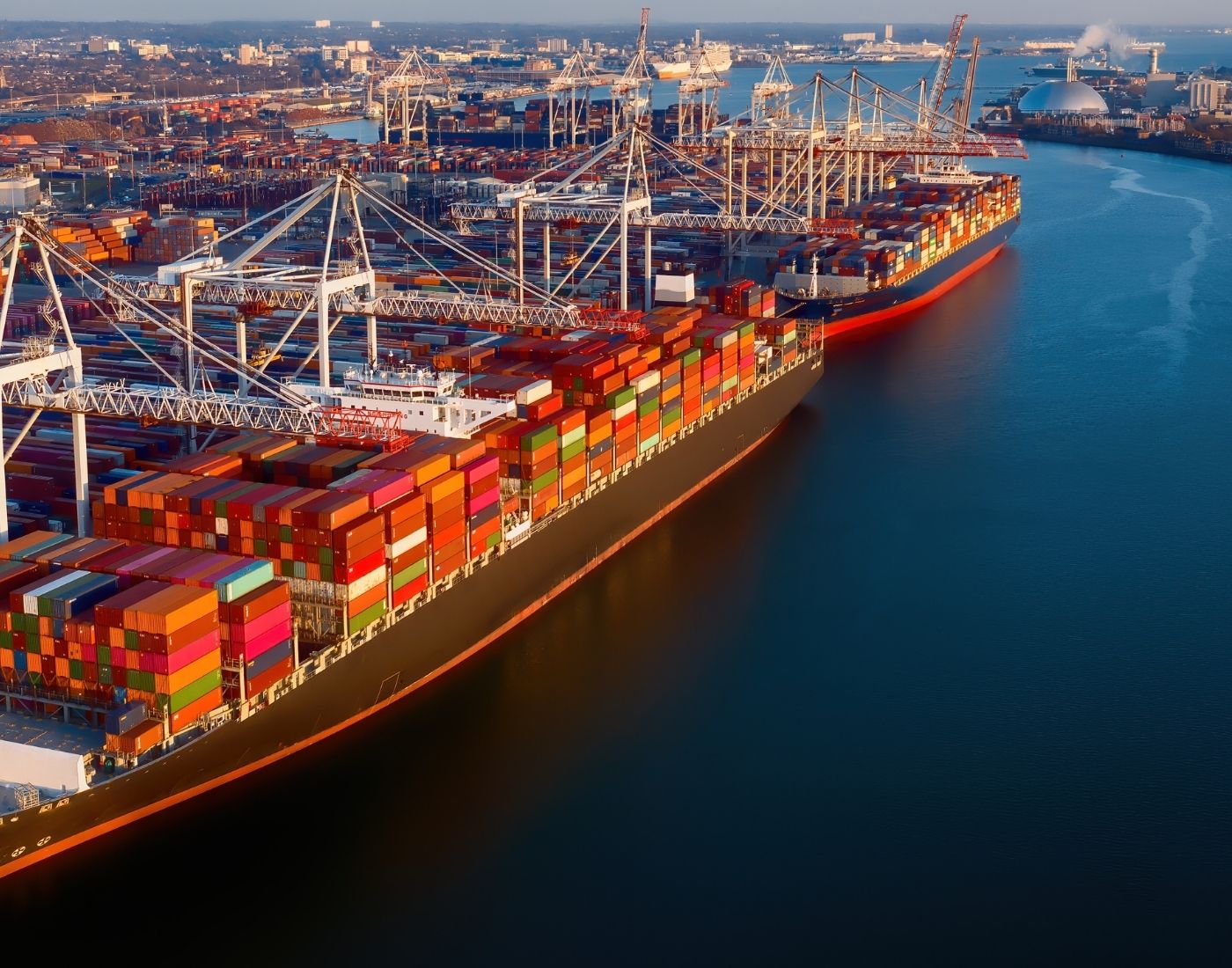Certain countries, including the European Union (EU) require that some UK food and drink exports are certified by a UK certifying authority before being exported.
Defra provides information on export certification for exporters. You can also learn more about exporting to Northern Ireland.
Before you export food and drink products from the UK, you must check if there are any specific restrictions with:
- your customer
- the authorities in the destination country
- the relevant country's foreign embassy in the UK
Food Standards Scotland (FSS) is not responsible for issuing any type of export certification.
Individual countries will have specific requirements in terms of the types of documentation needed for products being exported. The requirements will differ depending on the country and the specific type of product.
There is no single source of information of those individual products to country export requirements. When commercially exporting food or drink from the UK, it's your responsibility to check the restrictions and export conditions that apply before you export.
In Great Britain (GB), the Animal and Plant Health Agency (APHA) is responsible for issuing export health certificates (EHC) for certain products of animal origin (POAO) to specific countries. Find out how to get an export health certificate.
In Northern Ireland (NI), the Department of Agriculture, Environment and Rural Affairs (DAERA) is responsible for issuing EHCs for POAO.
Local authorities can provide export certification for certain products not covered by official EHCs issued by APHA. This can relate to products that are:
- not of animal origin
- processed meat products
- manufactured food and drinks
The type of certification that needs to be provided is specific to the product being exported and the requirements of the destination country.
You should provide the information you have gathered on the import requirements of the destination country to your local authority. This will inform what the export certification needs to say. Find a professional to certify export health certificates in Scotland.
The minimum required by non-EU countries in such certification is usually confirmation that the product is:
- produced in accordance with domestic hygiene rules
- fit for human consumption
- freely available for sale within the UK
The Rural Payments Agency (RPA) can also provide Certificates of Free Sale for the export of certain processed food and drink products.

